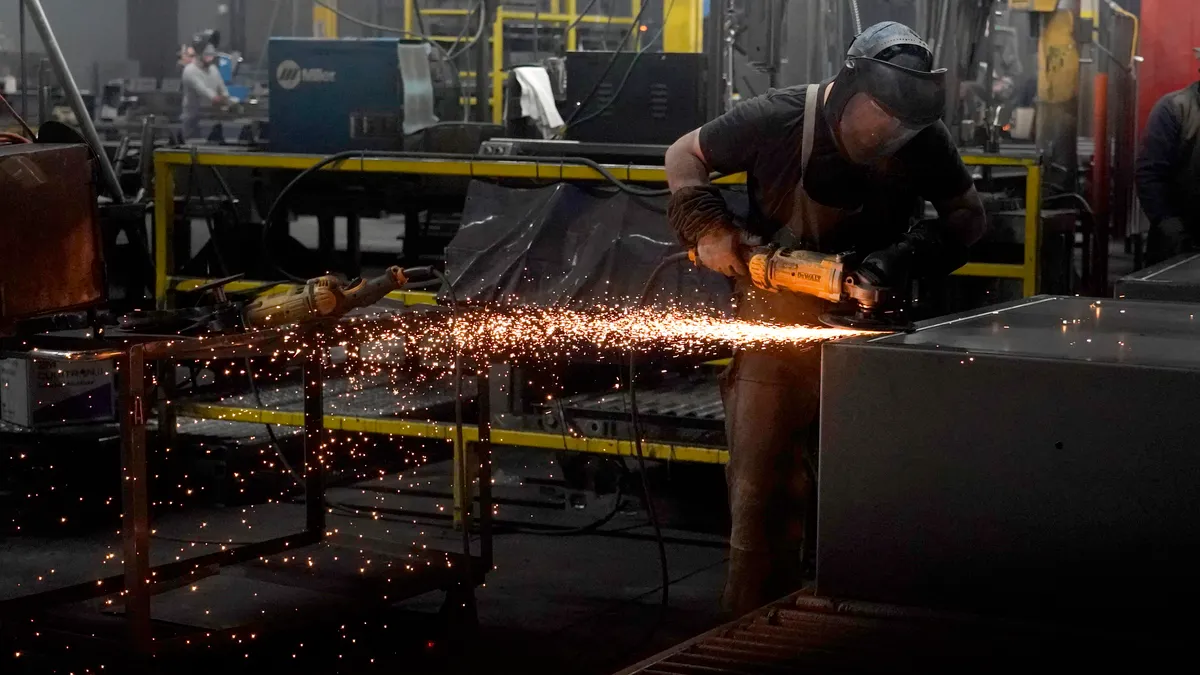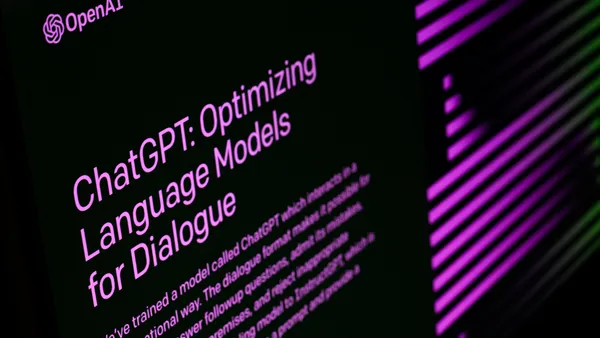Job seekers increasingly expect skills-building opportunities and continuous learning from their employers, which is affecting job choices, according to a June 24 report from Aerotek, a workplace solutions provider in manufacturing, logistics, construction, aviation, facilities and maintenance.
Nearly three-quarters of job seekers responding to a survey said they expect employers to provide opportunities to learn new skills, the report said. In addition, more than a quarter said they’ve left a job due to lacking skill development.
“Our latest survey data shows that despite economic uncertainty and longer job searches making the labor market more challenging, job seekers remain focused on developing new skills to improve their prospects,” said Bill Ruff, vice president of strategic sales at Aerotek.
“Employers who invest in training and development will be best positioned to attract and retain top talent in this evolving landscape,” Ruff said. “Ongoing training also plays a key role in closing skill gaps and preparing for workforce changes, including the retirement of experienced workers.”
In a survey of more than 2,600 job seekers in the sectors that Aerotek serves, positive sentiment has declined around the job search process and long-term career prospects. More than a third of job seekers said their chances of finding a quality job are worse than a year ago, marking a 14-point increase from the first quarter.
Job seekers noted that job searches are lasting longer, with 34% spending at least six months looking for work. More than a quarter said they expect to submit 50 or more applications before securing a position, which has increased since the first quarter.
Skill development remains key, particularly for industries challenged by the skilled labor shortage, the report found. Job seekers said they most wanted to develop leadership skills and technical skills in their specific field, such as machinery operation, welding or electrical work.
While balancing the needs for talent and training, HR pros may find themselves in a Catch-22, according to HR Dive’s Identity of HR survey. Companies say they’re struggling to find the right people with the right skills, but training continues to move lower on the priority list.
For instance, although more workers are using artificial intelligence tools at work, less than a third said their employer provides AI training, according to a Jobs for the Future report. Workers who were enrolled in AI-related education or training were more likely to use AI at work, the report found.















